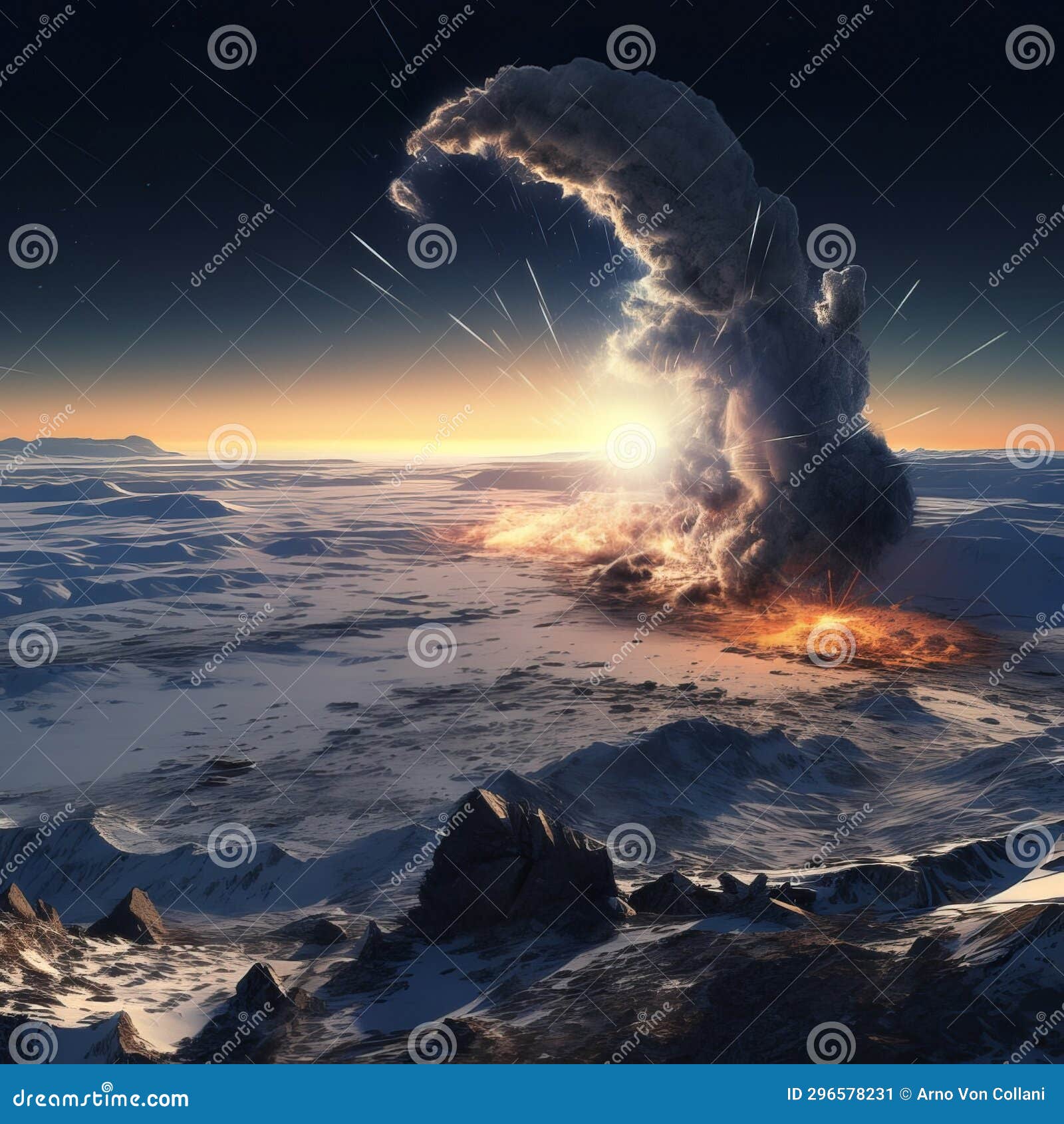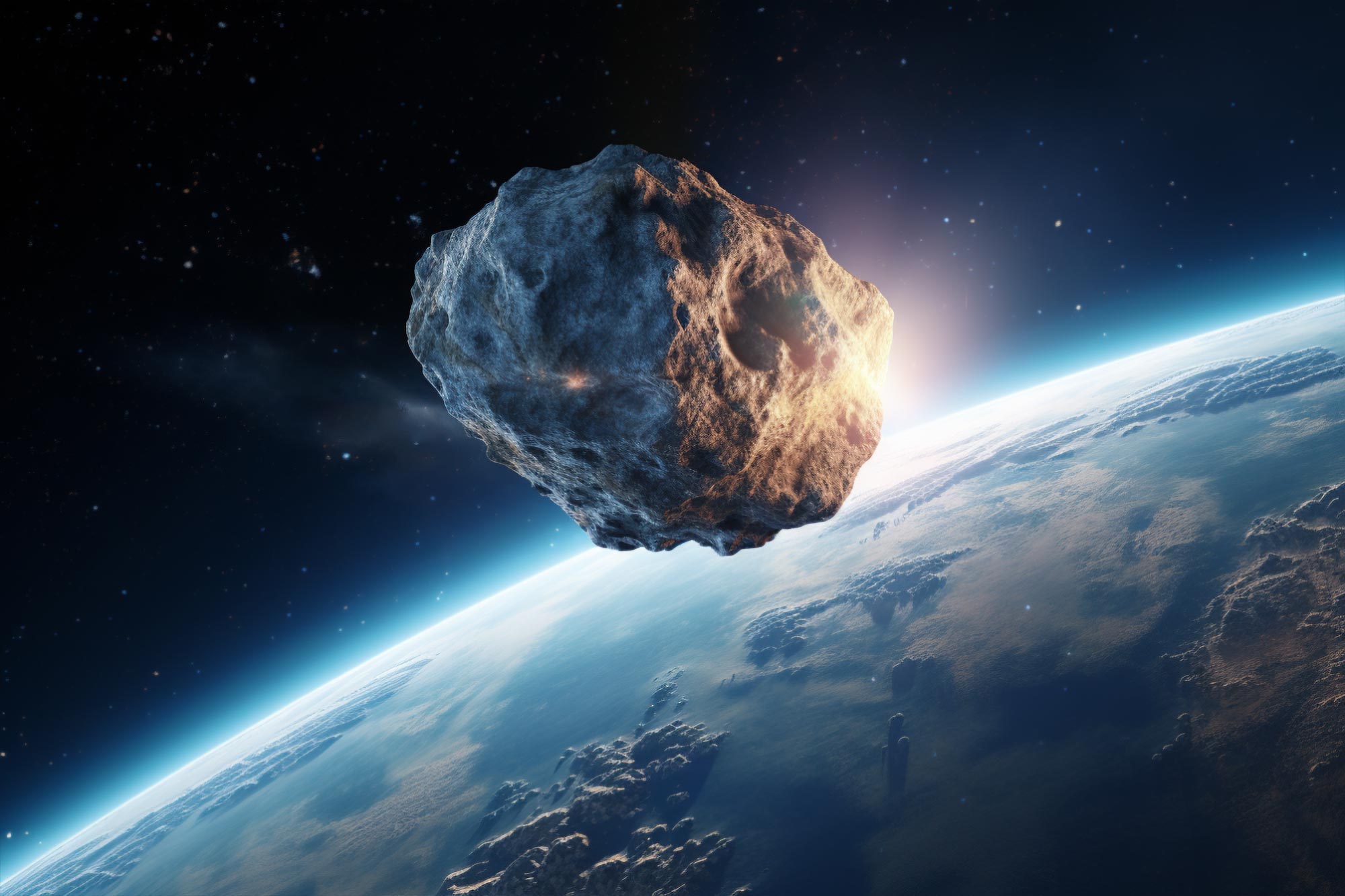
Witness the Captivating Encounter with Near-Earth Asteroid Alinda from the Comfort of Your Home
On July 4, 2023, the cosmos will put on a captivating spectacle as the near-Earth asteroid Alinda makes its closest approach to our planet in nearly three decades. Astronomy enthusiasts and the general public alike are eagerly anticipating this extraordinary event, which offers a unique opportunity to witness a cosmic wanderer from the comfort of their own homes.
Observational Details and Visibility
Alinda, a rocky asteroid approximately 4.2 kilometers in diameter, will reach its closest point to Earth on July 4 at a distance of 0.078 AU (approximately 11.7 million kilometers). While it will not be visible to the naked eye, amateur and professional astronomers alike can observe Alinda using telescopes and binoculars.
For optimal viewing, observers are advised to locate a site with clear skies, minimal light pollution, and a wide field of view. Alinda will be visible throughout the night, but it will be most prominent around midnight local time.
Scientific Significance and Research
Beyond its observational appeal, Alinda’s encounter holds immense scientific significance. By studying the asteroid’s composition, surface features, and orbital characteristics, researchers can gain valuable insights into the formation and evolution of our solar system.
Spectroscopic analysis of Alinda’s reflected sunlight will help determine its mineral composition, providing clues about the geological processes that have shaped its surface. Additionally, by tracking its motion and observing its interactions with Earth’s gravitational field, scientists can refine their understanding of asteroid dynamics and improve models predicting their potential impacts.
Public Outreach and Education
Alinda’s encounter not only presents a scientific opportunity but also serves as an exceptional educational experience. Astronomy societies, observatories, and science museums worldwide will host public viewing events and educational programs, providing the public with a chance to learn about asteroids, their role in the solar system, and the fascinating science behind space exploration.
Educational resources and virtual simulations will allow individuals from all corners of the globe to participate in this celestial event, fostering a deeper appreciation for the wonders of the cosmos.
Comparison with Previous Asteroid Encounters
Alinda’s 2023 encounter is not the first close approach by a near-Earth asteroid. Table 1 presents a comparison of Alinda’s encounter with two notable past events:
| Asteroid | Date of Closest Approach | Closest Distance to Earth | Diameter (km) |
|---|---|---|---|
| 2012 DA14 | February 15, 2013 | 0.0027 AU (40,000 km) | 0.05 |
| Apophis | April 13, 2029 | 0.0003 AU (46,000 km) | 0.37 |
| Alinda | July 4, 2023 | 0.078 AU (11.7 million km) | 4.2 |
As evident from the table, Alinda is significantly larger than 2012 DA14 and slightly smaller than Apophis. While it will come closer to Earth than Apophis, it will remain much farther away than 2012 DA14, which famously passed within just 27,000 kilometers of our planet.
Safety and Implications
It is essential to emphasize that Alinda’s encounter poses no threat to Earth. Its trajectory has been thoroughly analyzed, and it is predicted to pass by our planet safely. However, the event underscores the importance of ongoing monitoring and tracking of near-Earth objects to ensure early detection of any potential hazards.
Conclusion
The impending encounter with near-Earth asteroid Alinda offers a captivating opportunity to witness a celestial marvel from the comfort of our own homes. Its observational splendor and scientific significance make it an event not to be missed. Through public outreach initiatives and educational programs, this encounter will foster a deeper understanding of our place in the cosmos and the intriguing mysteries that lie beyond our planet.
As we gaze upon Alinda’s celestial dance, let us appreciate its beauty, marvel at its scientific wonders, and reflect on the vastness and interconnectedness of our universe.


